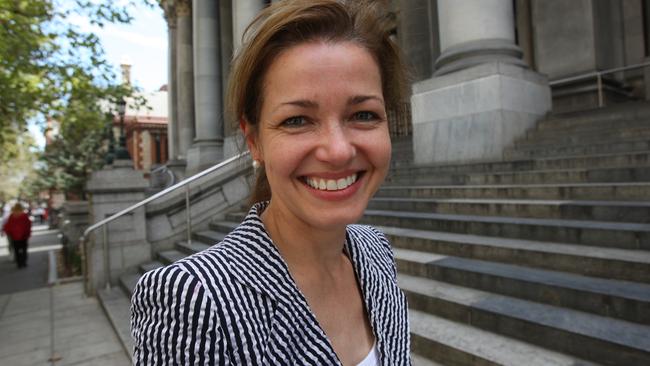Rural Australia missing out on $$6.55 billion in health funding: report
Peak medical groups are calling for the establishment of a nationwide network of specific rural health services.

Medical groups are calling for a nationwide network of rural health services after it was revealed governments spend $6.5bn a year less on regional and remote patients despite higher burdens of disease.
A report by the Nous Group commissioned by the National Rural Health Alliance showed that each person in rural Australia is missing out on nearly $850 a year of healthcare access that is obtained by those living in the cities.
The report found that in 2020-21, the total health-spend shortfall between urban and rural citizens was $6.55bn.
The report reveals large increases in payments to urban patients under the Medicare Benefits Schedule and public subsidies to patients accessing private hospitals, but this increase in primary care health expenditure and private health was not matched in the bush, where public hospital costs instead increased markedly.
In 2010, Medicare payments to urban patients totalled $10.7bn, and increased to $17.6bn in 2021. Regional and rural Medicare expenditure only increased from $3.8bn to $6.3bn over the same time period.
Private hospital costs paid by governments exploded from $4.9bn to $13.5bn for urban patients between 2010 and 2021, but only increased from $1.75bn to $4.1bn over the same period for regional and rural patients.
“These trends reflect the barriers to primary healthcare in rural Australia and are consistent with a reliance on more costly secondary and tertiary care for worsened disease presentation,” the report says.
The NRHA, made up of 47 organisations nationally, said the report indicated primary healthcare in rural areas needed to be redesigned “at the grassroots”. “The report … reveals the alarming day-to-day realities for rural Australians unable to access equitable care,” alliance chief executive Susi Tegen said.
“Over seven million people, who make up nearly a third of Australia’s population, experience a greater burden from illness and early death, in part due to inadequate funding for their healthcare.”
The alliance wants the government to fund a national network of multi-disciplinary integrated health services that would function in a similar way to Aboriginal Community Controlled Health Organisations with block government funding.
Royal Australian College of General Practitioners rural chair Michael Clements also called for action.
“This report is yet another wake up call,” Professor Clements said. “A total annual rural health spending deficit of $6.5bn simply is not good enough, and a key part of the solution lies in boosting general practice care.
“In many rural and particularly remote areas, it’s just not viable to run a practice. State and territory governments … must recognise this market failure and work with local communities, including councils, to ensure strong access to general practice care.”




To join the conversation, please log in. Don't have an account? Register
Join the conversation, you are commenting as Logout